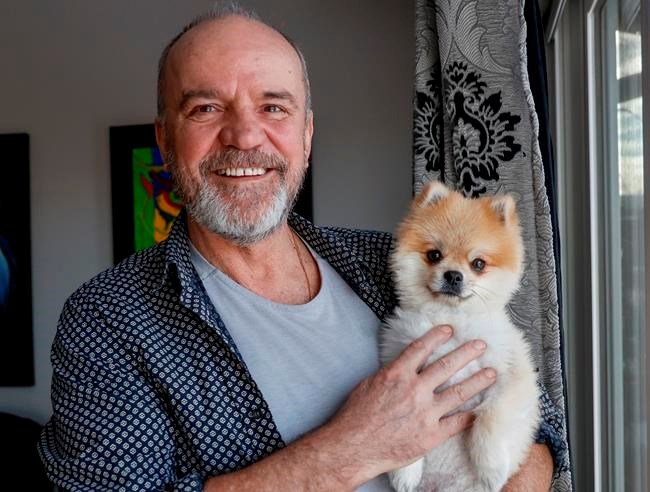Ivo Ceko was a member of a military police unit that was guarding a hotel in a town in central Bosnia when he met a group of young Canadians and Americans in the summer of 1994.
His English wasn't very good back then, and they couldn't speak fluent Croatian – but they managed to exchange some sentences.
“We chat, we laugh,” he recalled in a recent phone interview. “I didn’t expect anything from that (meeting).”
When a young woman in the group told Ceko that she was travelling home to Canada and asked if she could bring him anything back, he jokingly responded: “Get me a passport.”
“'Really, you want to get out from here?'” he remembered her asking. “I say, 'who wouldn't?' It was a desperate situation.”
Three weeks later, the man in his thirties received a brown envelope. Inside were blank Canadian immigration forms and a pair of socks. He filled out the paperwork, applied for a visa and arrived in Canada in March 1997.
Now, nearly three decades later, Ceko is looking to reconnect with the group to tell them how grateful he and his family are for what they did.
“I just want to find them and say thank you and, you know, hug them and maybe have a drink with them,” Ceko said from Calgary.
Ceko doesn’t remember much about the five or six men and women who helped him, asides from that they were in their twenties and had a guitar.
He thinks they might have Croatian roots as they were visiting after Croatia announced its independence in 1991 – and during the brutal civil war that broke out within the former Yugoslavia in the years after – to see how things were going in their newly founded ancestral country.
They could have also been employees of charities affiliated with churches that were involved in delivering aid to the desperate population back then.
He said the members of the United Nations peacekeeping forces were in the town and at the hotel, but he doesn’t think the group was part of any military.
The news that he had received the forms traveled fast across Novi Travnik, a small town where everyone knew everyone. Soon, friends showed up, asking if they could make photocopies.
Ceko said he doesn't know how many people actually emigrated to Canada using the photocopies, but he is sure that a few – including one of his friends – did.
Until now, Ceko hasn't had time to think about reconnecting with those who helped him. He's spent the past 26 years raising two children, sending them off to university, and starting a flooring business.
He closed his business when the COVID-19 pandemic hit. His children are now grown and living on their own. As his sixtieth birthday closes in, he said it is the right time to start the search.
"I always have (finding them) on my mind, but I didn't have the time. Now I have time," he said.
Last week, with the help of his daughter, he wrote a post sharing his story on a Croatian-Canadian Facebook page.
So far, he hasn't uncovered any leads, but he hopes he will eventually get "lucky" enough to meet the group that changed his life.
"I am going to tell them the happy story," he said. "They probably forget about that, but I didn't."
This report by The Canadian Press was first published Jan. 31, 2023.
Sharif Hassan, The Canadian Press



